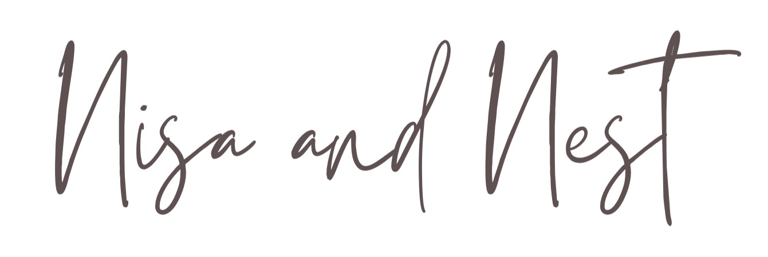Knowledge Begins with a Woman
Empowering to Lead Through Faith and Knowledge
NISA REFLECTIONS
Nisa and Nest
7/24/20253 min read
Knowledge Begins with a Woman
In every corner of the world, the foundations of societies are quietly built within the walls of the home. And at the heart of that home stands a woman — a mother, a wife, a sister, a daughter — whose words and actions shape generations. In Islam, this role is not overlooked, nor is it undervalued. Rather, it is honored, elevated, and filled with immense responsibility and reward.
When Allah ﷻ addressed the wives of the Prophet ﷺ in Surah al-Ahzab, He did not only instruct them to remember the Qur’an and wisdom recited in their homes — He highlighted the home itself as a source of knowledge and guidance. The home, often overlooked as a place of daʿwah, becomes the very first classroom. It is there that hearts are softened, tongues are taught to recite Qur’an, and character is molded in the light of Islamic values.
And who is often the first teacher? The woman.
Her role as a carrier of ‘ilm (knowledge) is one of the most sacred trusts. Even if she holds no official title, no podium, and no public following, her influence in the private sphere echoes into eternity.
Islam never confined women to the background of religious life. From the earliest generations, Muslim women were scholars, teachers, narrators of hadīth, and devoted students of knowledge. Take for example ʿĀ’ishah (r.a.), the beloved wife of the Prophet ﷺ — her home became a hub of knowledge for the companions after his death. She narrated over 2,000 ahadīth and corrected many misunderstandings among the companions. She did not merely learn — she taught.
This legacy is not exclusive to scholars of the past. Every Muslim woman, regardless of her level of education or public position, has a role to play in preserving and spreading Islam. Her words, choices, and demeanor are a form of silent daʿwah. Her patience in raising children, her mercy toward family, and her pursuit of knowledge — these are forms of ʿibādah (worship).
When a woman learns — whether it be the basics of salāh, the depth of tawhīd, or the beauty of good character — she doesn’t keep that knowledge to herself. Like light in a lantern, it naturally spreads. Her children absorb it in her actions. Her parents and siblings feel it in her advice. Her husband is uplifted by her reminders. And her home becomes a garden where the seeds of īmān grow. This is why seeking knowledge is not a luxury, but a necessity for every Muslimah.
The Prophet ﷺ said:
“Seeking knowledge is an obligation upon every Muslim.” [Ibn Mājah, Sahīh]
And this includes both men and women.
Even if she never steps into a university, a woman can be a student of knowledge by listening to Islamic lectures, reading books, studying Qur’an with tafsīr, memorizing duʿā’s, learning tajwīd, or understanding the Names of Allah. These actions not only nourish her own heart, but serve as tools to nourish others.
Spreading Islam is not just for scholars and preachers. Every woman who embodies Islamic manners, who forgives when angry, who gives advice with humility, who reflects the mercy of Allah in her treatment of others — is already doing daʿwah. Sometimes, the most powerful daʿwah is not delivered through words, but through actions filled with ikhlas (sincerity) and gentleness.
The Prophet ﷺ said:
“Convey from me, even if it is one verse.” [Bukhāri]
Whether you are a young girl still learning, an unmarried woman, a mother of small children, or an elder woman who holds years of life experience — your journey of knowledge is a journey of light. And light, by its nature, is never meant to be hidden nor is it ever too late to start that journey.
Allah ﷻ sees the unseen effort of every Muslim woman. The late-night Qur’an recitation after putting her children to sleep. The whispered duʿā while standing in the kitchen doing the dishes. The tears shed out of longing to understand her faith better. The quiet corrections she makes in herself before correcting others. All of it is recorded and all of it is rewarded – in shaa Allah.
Because Allah is Al-ʿAlīm — the All-Knowing. He is Ash-Shakūr — the Most Appreciative. He is Al-Halīm — the Most Gentle. He is Al-Nūr — the Light of the heavens and the earth. And when a woman carries His light in her heart and shares it with her family and surroundings, she becomes one of the pillars upon which righteous societies are built.


